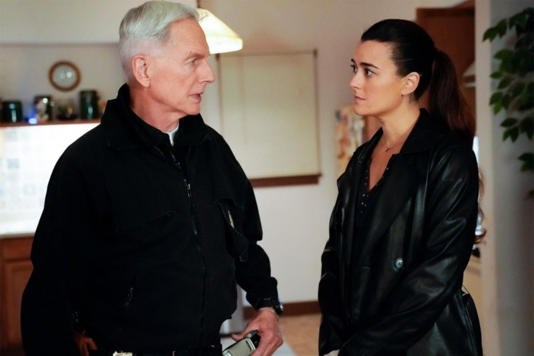For over two decades, NCIS has remained one of CBS’s most beloved and enduring procedural dramas. Since its premiere in 2003, it has captivated viewers with its blend of crime-solving, compelling characters, and intricate storylines. Even though the show has experienced some shifts, including the absence of one of its central figures, Mark Harmon’s departure as Leroy Jethro Gibbs in season 19, the series continues to thrive, maintaining a loyal fanbase and spawning multiple spin-offs.
Despite Gibbs’ departure, his character has remained iconic and is often referenced in the series, continuing to intrigue both longtime fans and newcomers. Leroy Jethro Gibbs, portrayed by Mark Harmon, became an emblematic figure on the show with his unique blend of tough, no-nonsense persona and personal quirks. A former Marine with a deeply reserved and solitary lifestyle, Gibbs lived almost like a monk, shunning modern technology and preferring simpler, more hands-on activities, such as building boats in his basement by hand, without the aid of power tools. His approach to life was about quiet reflection and discipline, which made him stand out even more as a central figure on the team.
One of the most puzzling and mysterious traits of Gibbs’ character, however, has long been his decision never to lock the front door of his home. For years, fans have wondered why someone so meticulous and careful, especially in his professional life, would allow such an apparent vulnerability in his personal space. This seemingly odd choice had sparked countless theories, but it wasn’t until recently that Cote de Pablo, who portrayed Ziva David and was a close co-star to Mark Harmon, revealed some insight into this peculiar habit.
During a segment on the Off Duty: An NCIS Rewatch podcast, Cote de Pablo shared an eye-opening perspective on Gibbs’ reasoning. According to her, Gibbs’ decision not to lock his door stems from a deep, personal experience—one that reflects his emotional state and outlook on life. De Pablo explained that after enduring immense personal loss and tragedy, particularly the death of his family and close friends, Gibbs came to a place where he no longer felt the need to protect his material possessions. To him, locking the door held no significance, as he had already faced the greatest loss anyone could endure and no longer feared the threats that once might have driven him to be cautious.
This revelation adds another layer to the complexity of Gibbs’ character, giving fans a deeper understanding of his actions and psyche. It shows that while Gibbs’ exterior might appear tough and unbending, his decisions are deeply rooted in the experiences and losses that have shaped him. The decision to leave his door unlocked is not just a quirk, but a symbol of the emotional armor he has shed over the years. For Gibbs, protecting his physical home no longer holds the same importance as protecting the bonds with the people he cares about, and the emotional scars he carries from the past.
In this light, Gibbs’ character becomes even more relatable and human, adding nuance to the hardened exterior many fans know so well. This explanation gives closure to an aspect of his character that had long been a mystery, helping audiences understand that sometimes, the simplest of actions can reveal the deepest emotional truths.
As NCIS continues its run, the legacy of Leroy Jethro Gibbs endures, not only through the memories of his time on the show but through these small, poignant details that shape the man fans came to love. Even though he is no longer physically present on the team, Gibbs’ influence remains a guiding force, both in terms of his impact on the characters around him and the lasting imprint he has left on the NCIS franchise as a whole.




